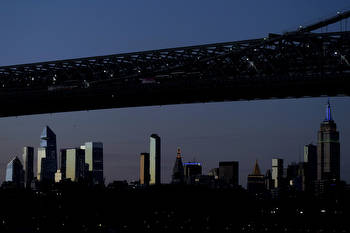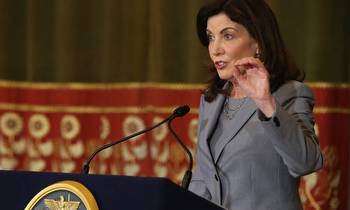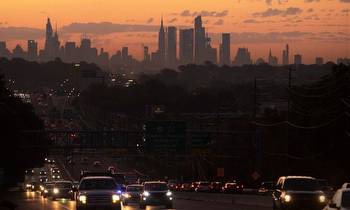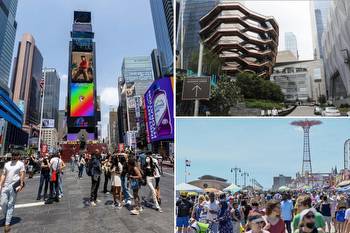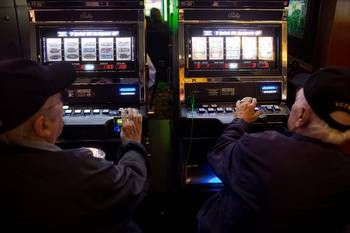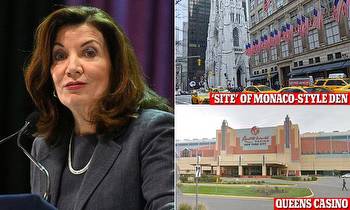NYC agency moves to cut red tape for casino applications
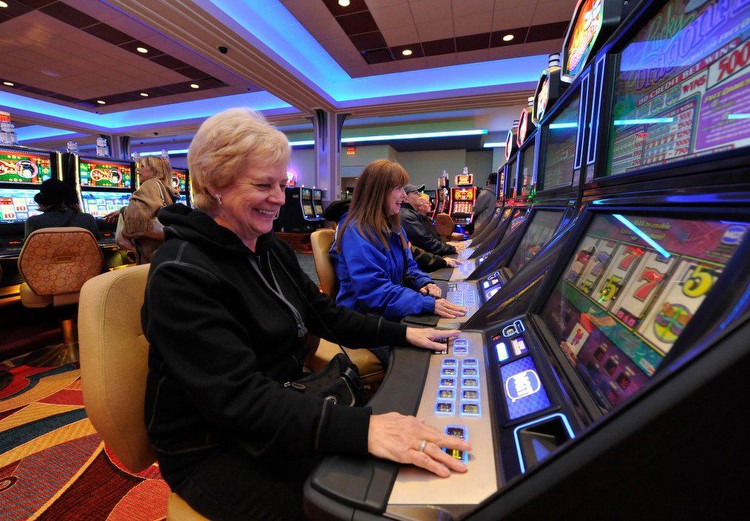
The Department of City Planning on Monday introduced a measure that it says would cut red tape for casino applications in the Big Apple — but which would ice out community boards, critics say.
The measure, which was quietly filed by the department on Friday, comes as big-name developers are vying for one of three coveted downstate casino licenses from the state.
The action, formally known as a zoning text amendment, was billed as a way of streamlining city and state processes by City Planning Commissioner Dan Garodnick during a Monday meeting.
“What we are proposing will create an even playing field for these facilities as they make their case for the economic benefits they aim to bring to New York City,” he said. “We are trying to set up a process here which just enables the conversation to happen in an organized way.”
The state decides who gets approved for a license. On the local level, the city’s existing land review procedures are inadequate for new casinos, putting New York at a “competitive disadvantage,” Garodnick and City Council Speaker Adrienne Adams said in October.
The text amendment would streamline review and allow for state-approved casinos to be developed “without any potential conflicts with zoning” or “unnecessarily duplicating” the state’s lengthy licensing process, Garodnick said.
Two of the downstate licenses are expected to go to existing “racinos” in Yonkers and South Ozone, Queens, but there is stiff competition in New York City for the remaining slot.
Aside from the Queens racino, City Planning confirmed eight contenders across the boroughs: five in Midtown Manhattan, one in the Bronx at Ferry Point, one in Queens from Mets owner Steve Cohen and one in Brooklyn by Coney Island.
The new zoning measure would mean the individual applicants would not have to go through the city’s sluggish land use process, which can be used as leverage by community members and lawmakers to secure certain commitments from developers.
A committee consisting of the governor, mayor and local electeds will be created to view each gaming facility application based on the site’s location. The Community Advisory Committees, as they’re known, will have to hold public meetings but — unlike the city’s land use mechanism, known as ULURP — will not include a representative of the local community board.
Former Buildings Commissioner Charles Moerdler described the move as an “outrage” that would curtail local input.
“The concept of depriving the community and people of an opportunity to be heard … is anathema to a democracy,” Moerdler told the Daily News. “It is a stupid idea dreamed up by people who have no interest in the public or the community.”
A community board leader in Midtown Manhattan, where locals have expressed opposition to a casino, said she has heard concerns from several stakeholders about the text amendment.
“The current version of the text is too thin on specifics and details and does not really address the environmental impacts the casino would have,” said Layla Law-Gisiko, chair of CB 5’s Land Use Committee, criticizing the “blanket, one-size-fits-all” approach as opposed to the site-specific method of ULURP.
“Currently, the text really is too anemic to provide any guidance on what a casino should look like.”
Planning commission members were critical of part of the text that would allow developers to include related establishments such as hotels, restaurants, bars and “other amenities” like theaters in the approval process.
Commissioner Gail Benjamin described the component as “somewhat unusual,” pointing out that the text does not include restrictions on hotel size or require that guests use the casino.
“So we are allowing things that would not be permitted without any City Planning review, oversight, determinations,” she said. “And we’re also allowing uses we haven’t even thought of.”
Commissioner Leah Goodridge was similarly critical and echoed concerns raised by many of the communities where casinos have been proposed, pointing to the adverse impacts casino gambling can have.
“It’s only allowed in approximately 23 states for a reason,” she said.
The measure would only apply to the three downstate licenses currently up for grabs.
The next step for the text is consideration by community boards and borough presidents, culminating with a City Council vote.










